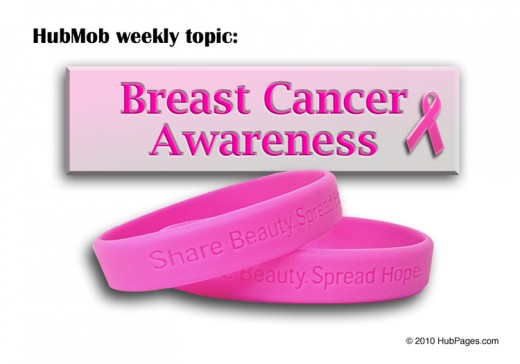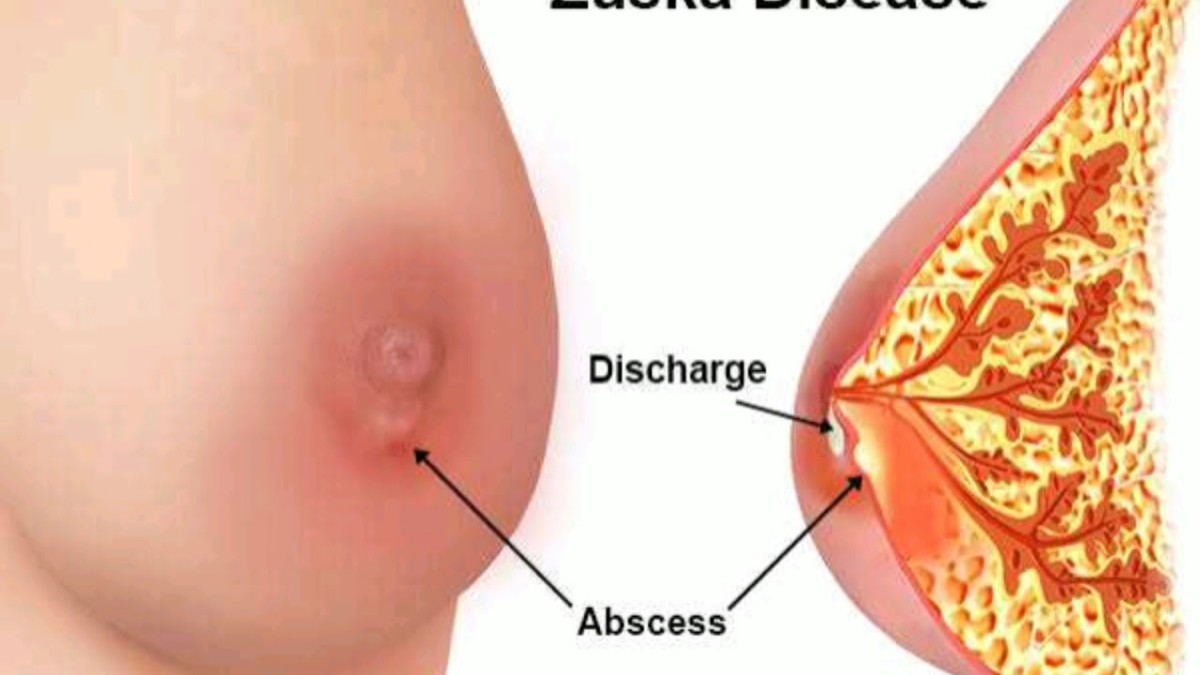Inflammatory Breast Cancer in Women - Symptoms, Diagnosis, Risk Factors and Treatment

This hub about Inflammatory Breast Cancer is written to support the Breast Cancer Awareness Campaign this month of October. You can watch the embedded video below for a more visual understanding of inflammatory breast cancer or read the written information.
Before reading the rest of this hub, do you know what is Inflammatory Breast Cancer of IBC?
What is inflammatory breast cancer or IBC?
Inflammatory breast cancer or IBC is a type of cancer that is quite rare where only 1-5% of all breast cancer incidents in the U.S. is due to IBC. However, it is very aggressive. Compared to non-inflammatory breast cancer cases, it has less likelihood of being detected early. This is because it does not present any distinct breast lump and it is commonly misdiagnosed as insect bite infection. By the time it is diagnosed as cancer, it has already metastasized or has already spread to other parts of the body.
What Does Inflammatory Breast Cancer Look Like?
In this type of cancer, a cancer cell starts in one of the breast's ducts. As it grows and accumulates, it penetrates and clogs the lymphatic vessels in the skin of the breast. This blockage in the lymphatic vessels results in a warm breast that looks pink or reddish purple, swollen and dimpled, thus the name "inflammatory" breast cancer. Aside from this, other symptoms of IBC may include
- sensations of heaviness, burning, aching, or tenderness
- increase in breast size,
- a nipple that is inverted (facing inward)
- swollen lymph nodes under the arm, above the collarbone, or in both places
These symptoms usually develop rapidly in a few weeks or months time. However, these symptoms may also be signs of other health problems like infection, injury, or other types of cancer
For sample photos, please go to this IBC support page.
How Do You Know You Have IBC?
A patient who may have the symptoms above should immediately consult with a doctor. The diagnosis of IBC is grounded chiefly on the results of a doctor's clinical exam. Clinical procedures such as biopsy, mammogram, and breast ultrasound are utilized to confirm the diagnosis.
Because Inflammatory breast cancer is especially aggressive, it tends to develop quickly. A diagnosed IBC is usually immediately classified as either stage IIIB (locally advanced) or stage IV (has metastasized) breast cancer. Take note that the appearance of the breast of an IBC patient is way different from non-IBC patients who both have stage III breast cancers.
This video was aired in 2006 and it showed that most IBC patients did not know they have Inflammatory Breast Cancer.
Who are at Risk of Inflammatory Breast Cancer?
Here are the known risk factors of Inflammatory Breast Cancer
- More women are likely to be diagnosed with inflammatory breast cancer though men can also develop this cancer.
- Black women are at a greater risk of contacting inflammatory breast cancer than white women.
- As women grow older, the risk of developing inflammatory breast cancer is higher. Most IBC patients were diagnosed in their 50s which is several years younger than for non-IBC breast cancer.
How is IBC treated?
Treatment of IBC, as with other types of cancer, include chemotherapy, targeted therapy, surgery, radiation, and hormonal therapy. Chemotherapy is typically the first option for treating patients with IBC. It uses anti-cancer drugs administered systemically, and targets all cancer cells throughout the body.
After chemotherapy, the patient may undergo mastectomy, a surgery that takes away the breast or much of the breast tissue in the effort to remove the cancer cells as well. After mastectomy, radiation on the chest wall is administered to kill remaining cancer cells.
After the three-step treatments, an additional systemic treatment like chemotherapy, hormonal therapy or targeted therapy (an example is the use of Herceptin®) is done to reduce the risk of recurrence of the cancer.
It is not a joke for patients to undergo all of these medical treatments. It is not only costly but it is also taxing especially in the management of the side effects of the cancer and its treatment. Being able to give supportive care psychologically, socially and spiritually to cancer patients is greatly needed and appreciated.
I hope this information was helpful and that you would help spread the awareness about Inflammatory Breast Cancer.








